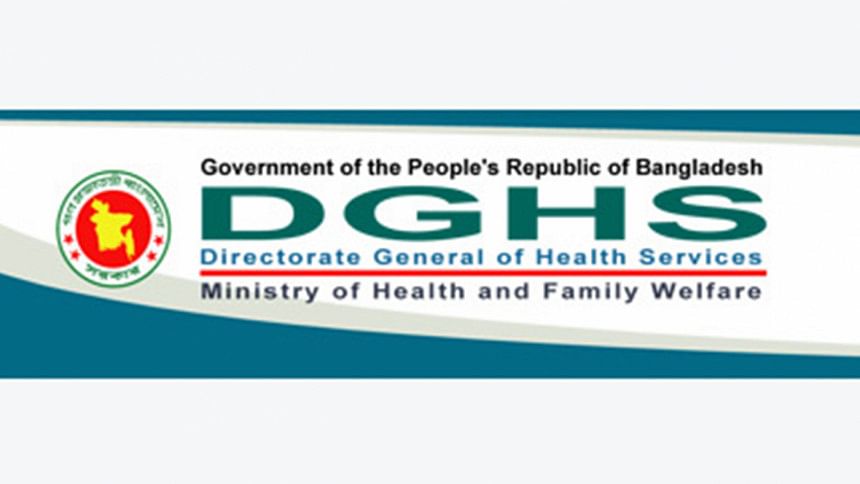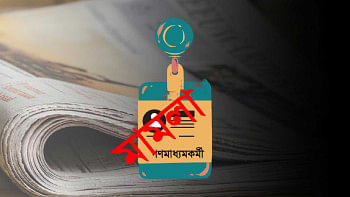Clinics and diagnostic centres without valid licenses?

We are appalled to know that two-thirds of the country's private clinics and diagnostic centres have been operating without valid licences since 2018. There are more than 15,000 of such clinics and diagnostic centres responsible for various surgeries, medical treatment and pathological tests. In the context of the ongoing pandemic, the implications of such anomalies in legal compliances are quite frightening.
This inexplicable gap in accountability cannot be explained away by saying that the renewal of licenses has been slow because of DGHS's switching to digitisation—as has been claimed by an official of that body. Nor is it acceptable that all the DGHS can do is serve notices and declare clinics and diagnostic centres illegal if they violate the Medical Practice and Private Clinics and Laboratories (Regulation) Ordinance, 1982 under which these facilities are governed. These are not acceptable excuses for allowing such crucial establishments, which deal with people's medical treatment, to operate illegally for any period of time. We have seen what can happen through the case of the recent Regent Hospital scandal, in which thousands of patients were swindled by the hospital by issuing fake Covid-19 reports, endangering their very lives.
We know that there are many such clinics and diagnostic centres where both testing and treatments are questionable. And if tests are not reliable, the diagnosis will be wrong and so will the treatment.
A major revision of the process of making these medical facilities compliant with the law is urgently needed. The first step would be to carry out a proper probe into why these facilities were allowed to run without valid licences in the first place. According to DGHS, there are only three officials to look after the licences of around 5,000 clinics and diagnostic centres. The health ministry must immediately increase the DGHS's manpower and give it the authority to close down clinics and diagnostic centres that have not renewed their licences, instead of merely sending notices and publishing announcements in the newspapers.
There also has to be close monitoring of these establishments so that they maintain the basic standards of diagnostic testing, cleanliness and medical treatment including surgeries and procedures. For this, the DGHS itself must be transparent and purged of all corrupt elements that might have helped these dubious establishments to continue operations. A former director of DGHS has suggested that the licensing process be decentralised with upazilas, civil surgeons, health and family planning officers issuing and renewing licenses—of course, after thorough scrutiny of the facilities. Such suggestions should be taken heed of. The DGHS and health ministry must make clinics and diagnostic centres compliant with the law and accountable when they violate it. Lives depend on such basic oversight by these authorities.

 For all latest news, follow The Daily Star's Google News channel.
For all latest news, follow The Daily Star's Google News channel. 



Comments